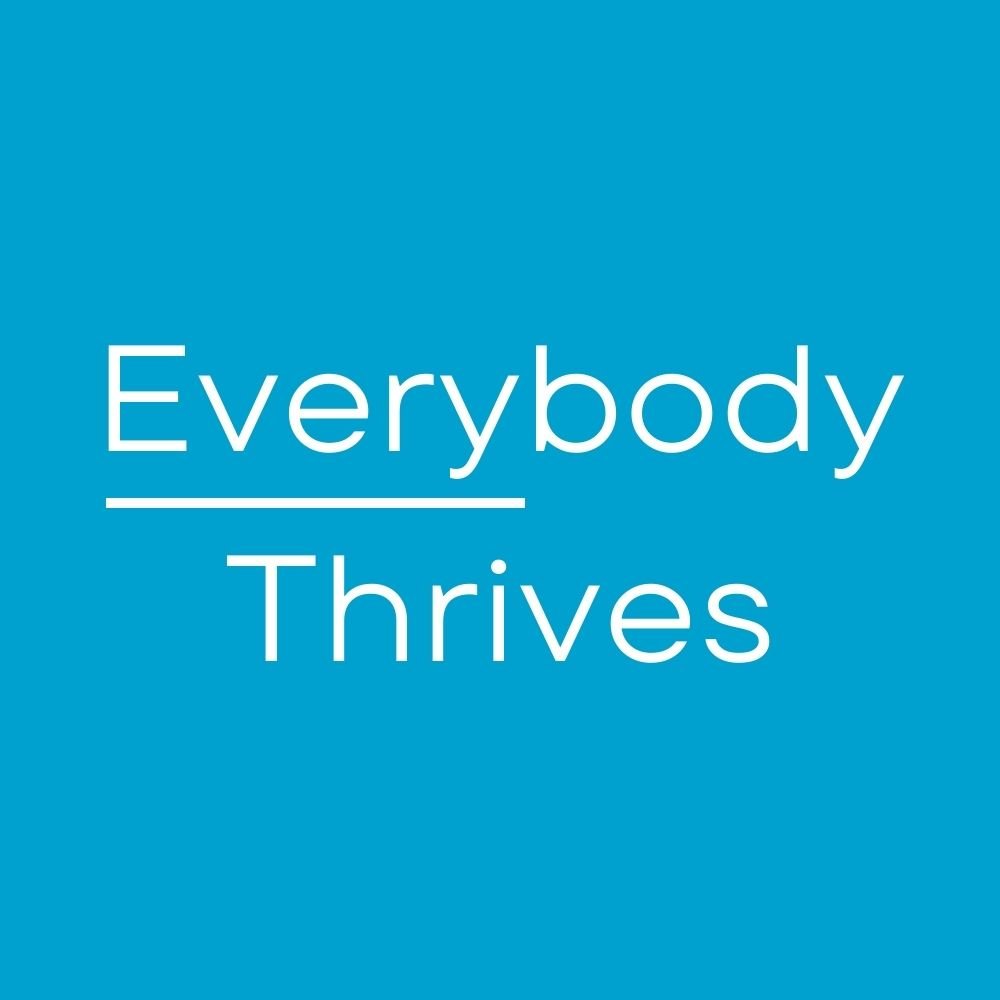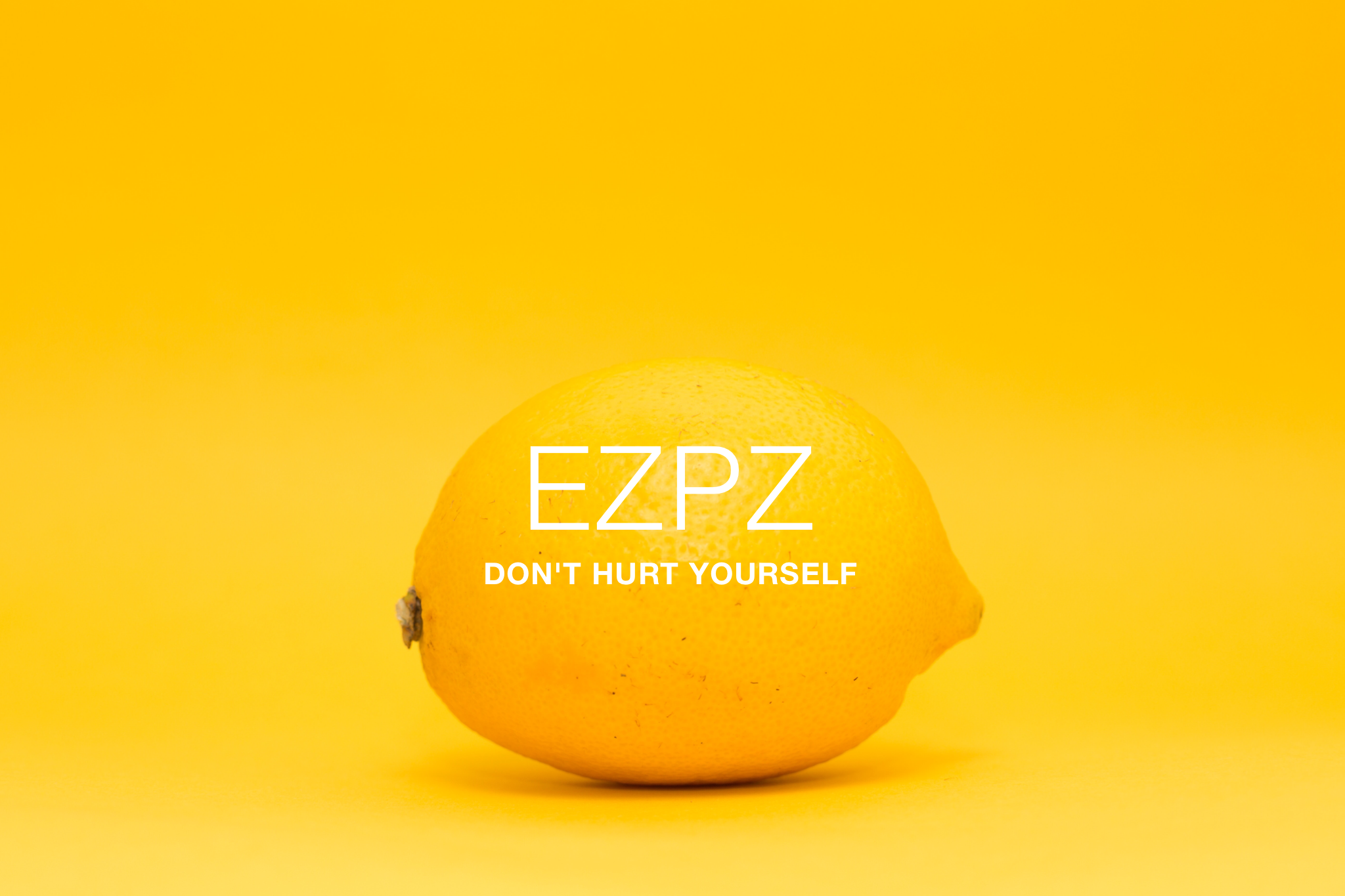The Charisma Chronicles: episode #1 of 10
What's the one thing we could all use more of?
I know what you’re thinking because I’m thinking it, too — “more cowbell!” Okay, that’s definitely #1.
So let me ask again, what is the #2 thing we could all use more of?
Coming in at a close second would be more charisma. Like Will Ferrell's sweet moves, it’s easy to imitate, but not so easy to produce the same intangible genius of the original.
Which leads me to ask, why is charisma so elusive? Ask 10 people what charisma is and all of them will tell you about behaviors or traits of charismatic people or how it makes them feel. No one can seem to put their finger on the actual mechanism that makes a person charismatic.
One reason why charisma is so elusive is it lives in the energy created between two people. The person with the charisma and the person being affected by it. Also, charisma is less a group of behaviors and more a state of being. You don’t “do” charisma, you “are” charismatic, or you are not. Finally, charisma is all about emotions and being able to connect with someone and impact their emotions in a meaningful way.
The most important thing is if you can’t say what something is, you can’t get more of it. As I was talking to a coworker around this difficulty of defining charisma, I stumbled into articulating the first definition I’ve seen that actually explains how charisma works, not just what it does.
Charisma is the ability to sense, and ultimately deliver, exactly what is most needed from an emotional perspective in a given moment.
Imagine you are a party and it is boring. Sensing and saying, “this party is dead,” will not make you charismatic, just observant. However, the person who can bring what is needed to make the party exciting and wonderful will be perceived as charismatic.
Now change scenes to a hospital where a family is waiting to find out the results of a loved one’s operation. Bringing da party is not charismatic. What is? Imagine the uncle or aunt who has the ability to empathize, give compassion and comfort — this person will be perceived as charismatic.
Through these examples you can start to see why charisma is so elusive and hard to define. It is ever changing based on the needs of others and it not just a single skill that a person has. The truly charismatic among us carry this state of being with them in whatever context they find themselves in. It’s not an act or a skill, it’s more a state of being.
The good news is once you unwrap what charisma actually is, you can start to get more of it.
If you are curious about all 8 principles that underlie the elusive trait known as charisma, I have just released my first book, Unlock Your Charisma.
Available on Kindle and Apple Books, get the insights you need to become your most charismatic self.
If you are ready, in the immortal words of Bruce Dickinson, “roll it!”
“...ding ding ding ding...”







